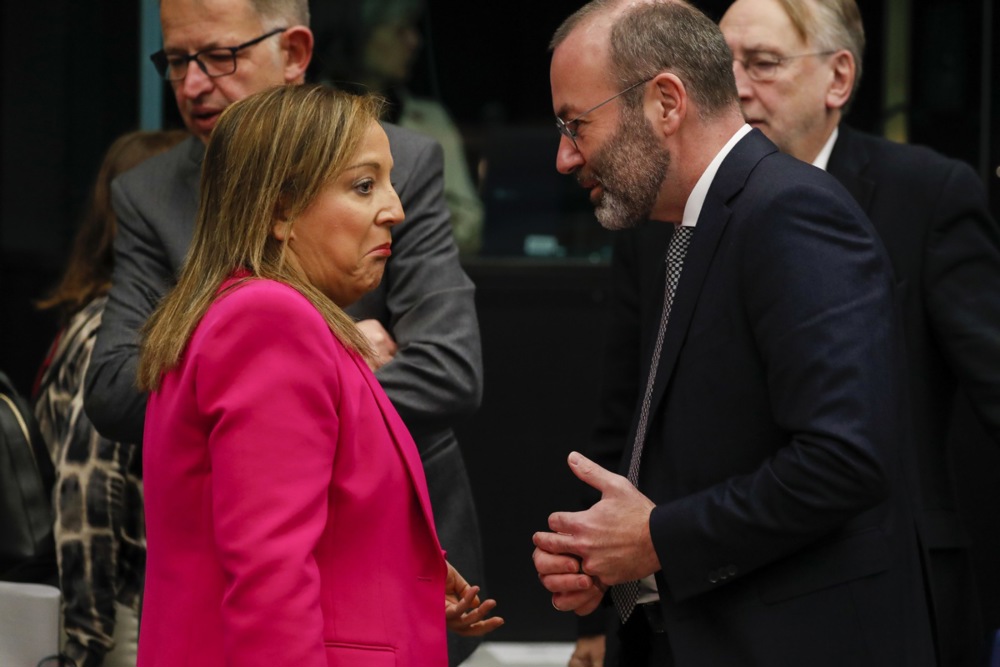The European Union is to extend ‘Champagne-style’ protections to unique crafts and industrial products.
From Spanish and German cutlery to Dutch plates and Irish crystal, the list is set to include hundreds of different products noted for their distinct style, and local significance.
Called “Geographic indication” in EU-speak, the protection method has so far only been applied to some specific goods. For instance, the fact that Champagne can only be called such if it is made in the Champagne region of France, or that Parmesan can only be labelled as that if it originates in Parma, Italy.
The European Parliament approved the motion at it’s September Strasbourg Plenary. Speaking after the vote, the rapporteur and MEP Marion Walsmann, who was responsible for directing the law through the European Parliament, said it had been approved “nearly unanimously” in the plenary session.
In the wake of the almost universally supported measure, the only difficulties encountered appeared to be those of political groups wrestling to take their share of the credit.
For the national-conservative ECR Group, such a new EU-wide law seemed to be welcomed for once.
In a press release, one ECR Group Vice-President, the Italian MEP Raffaele Stancanelli, said the measure would reinforce Europe’s cultural heritage in the face of what he said appeared to be a world economy that seems increasingly indifferent to products’ place of origin and authenticity.
“If we are able to promote and defend our local traditions, creativity and know-how, while preserving our identity, we will be able to meet the challenges of an increasingly globalised world,” he said.
The centre-left S&D Group took a more pragmatic view of the new measure, saying that protecting local crafts would help to promote them and the businesses they support and create.
“With this new regulation, we aim to foster the economic dynamism of our regions, to preserve and promote quality jobs, as well as the expertise of local producers and to settle and attract people towards rural areas that are challenged by depopulation trends.”
The main benefit, he said, would come from an enhanced ability to “fight counterfeits” by providing consumers with an official stamp of approval.
“For example, whenever they buy an Albacete knife, they will know that it was produced in that city [in Spain] with local materials and that it is not a fake one.”
Citing a European Parliament study, the S&D Group claimed that 284,000 to 338,000 new jobs could be created across the European Union as a result.
Walsmann also claimed that the system enabling producers to take advantage of this enhanced protection “promises to be very efficient”.
She added that bureaucratic procedure will be kept to a minimum and that the EU will need to avoid any “unnecessary red tape” because many of the relevant businesses are usually small, with limited time and resources to deal with paperwork.
With a full two years to go before the law comes into effect, that will remain to be seen.





